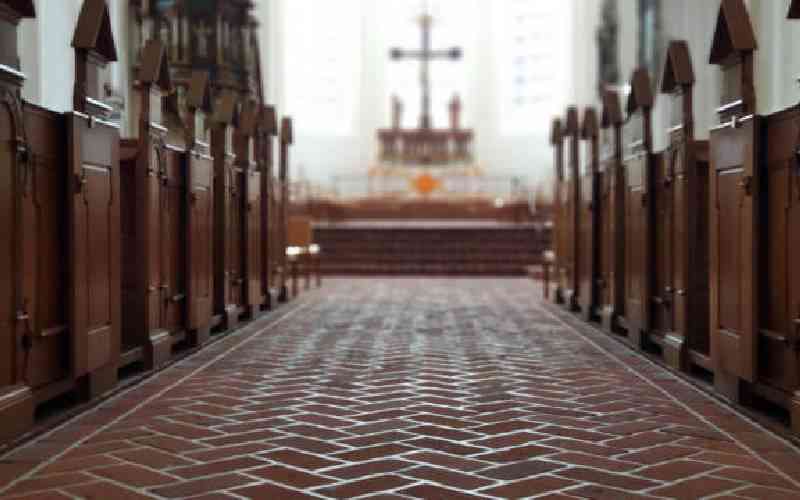
I choose to write about the Church and the State at a time when most Christians globally have just celebrated Christmas, a celebration that is believed in Christendom to celebrate the birth of Jesus Christ.
Don't get me wrong, I was born and brought up in a devoted Christian home (my old lady still is a serving member of the Deacons Board). I was educated in Christian-sponsored schools. I was attached to Christianity first by birth, then by choice, and finally by love. Religion and more particularly Christianity has shaped not only my morality but also the morality of many Kenyans both young and old.